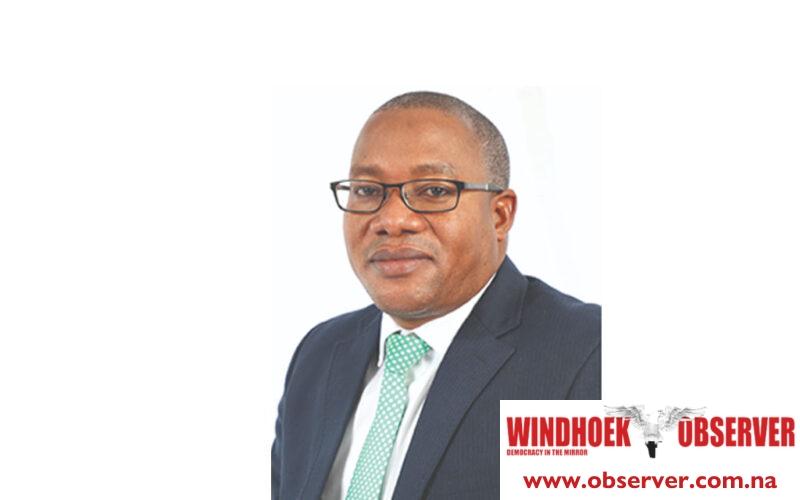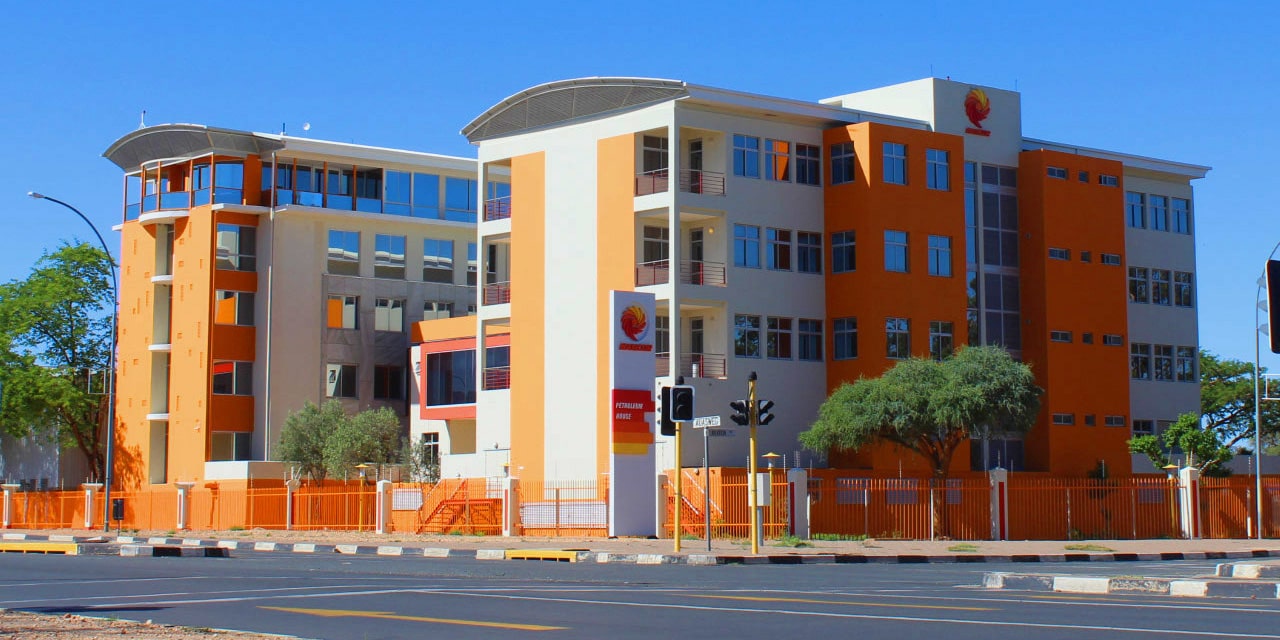Hertta -Maria Amutenja
Between January and September 2023, a total of 620 premature babies were admitted to the Windhoek Central Hospital Neonatal Unit, including referrals from various regions across Namibia.
During the same period, 76 premature babies sadly lost their lives. According to Ben Nangombe, the Executive Director of the Ministry of Health and Social Services, these losses can be attributed to a range of factors, primarily stemming from the prematurity of these infants.
He explained that due to their prematurity, these babies are more susceptible to infections because their immune systems are not well-developed enough to fight off infections.
“The respiratory distress associated with prematurity can lead to chronic lung disease and associated infections. Pulmonary hemorrhage linked to premature lungs and delayed or non-administration of surfactant is a major cause of death,” he explained.
The overcrowding in the Neonatal Ward has further exacerbated the risk of infections among these neonates, ultimately affecting their delicate health and leading to fatalities.
Doctors at the neonatal ward revealed to the Parliamentary Standing Committee on Gender Equality, Social Development, and Family Affairs during an inspection visit to the state hospital that overcrowding significantly compromises infection control protocols and poses a severe threat to the neonates.
With a design capacity of accommodating 30 babies at a time, the ward is most of the time accommodating twice the required number as it goes up to 64 infants, making it difficult to maintain infection control protocols.
Doctor Lorraine Ndjoze, a pediatrician at the neonatal ward, expressed the dire situation, stating that, “The problem with having one unit like this, catering for the whole country is overcrowding. We cannot say no to a patient in need of specialised care, even if they are located far away. This overcrowding, in turn, becomes an infection control problem, and sadly, the babies often pay the price with their lives,”.
Furthermore, it was revealed that the unavailability of Magnetic Resonance Imaging Machines (MRI) within public hospitals has become a concerning issue.
The government has been forced to send babies to private institutions for MRI scans due to the lack of public MRI machines, incurring significant expenses. MRI machines are essential for detailed imaging of internal bodily structures, aiding in accurate diagnoses and treatment for various medical conditions.
Last month, it was reported that the ministry spent N$10 million on procuring MRI services from private hospitals.
To address these issues, Nangombe stated that the Ministry has initiated steps to procure specialised medical equipment, such as MRI machines, by advertising expressions of interest from the public.
“This will give the Ministry an idea of the number of service providers and the type of equipment available. This is highly specialised equipment and will only be placed at targeted referral hospitals, starting with the national referral hospital, which is Windhoek Central Hospital,” he said.




